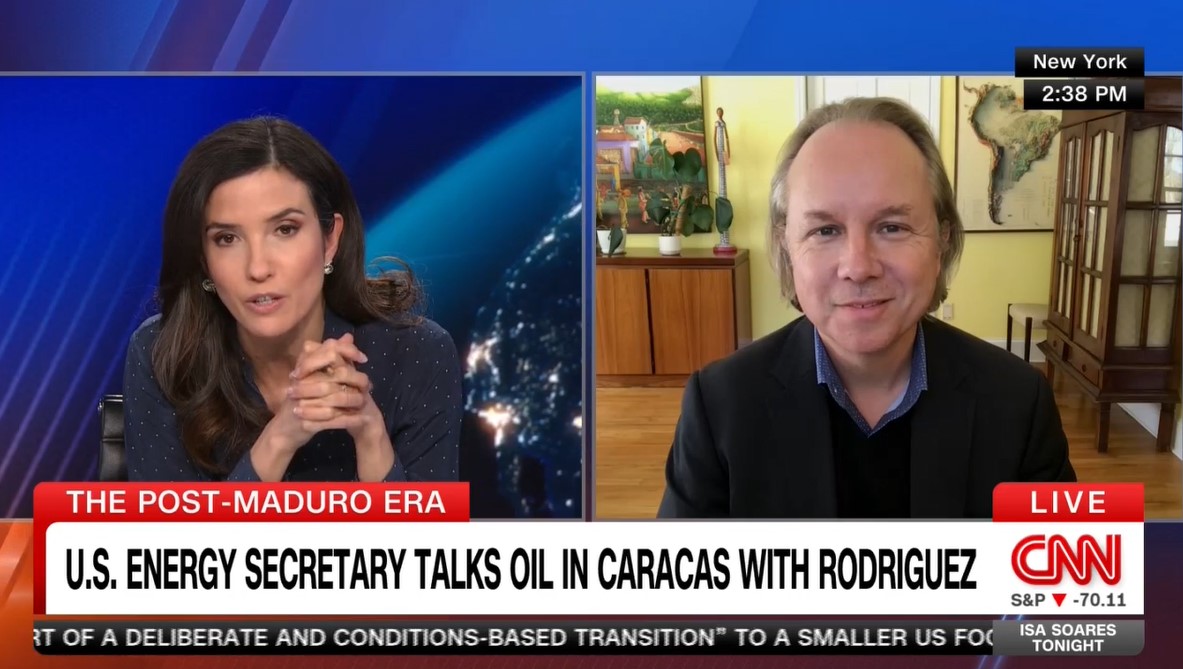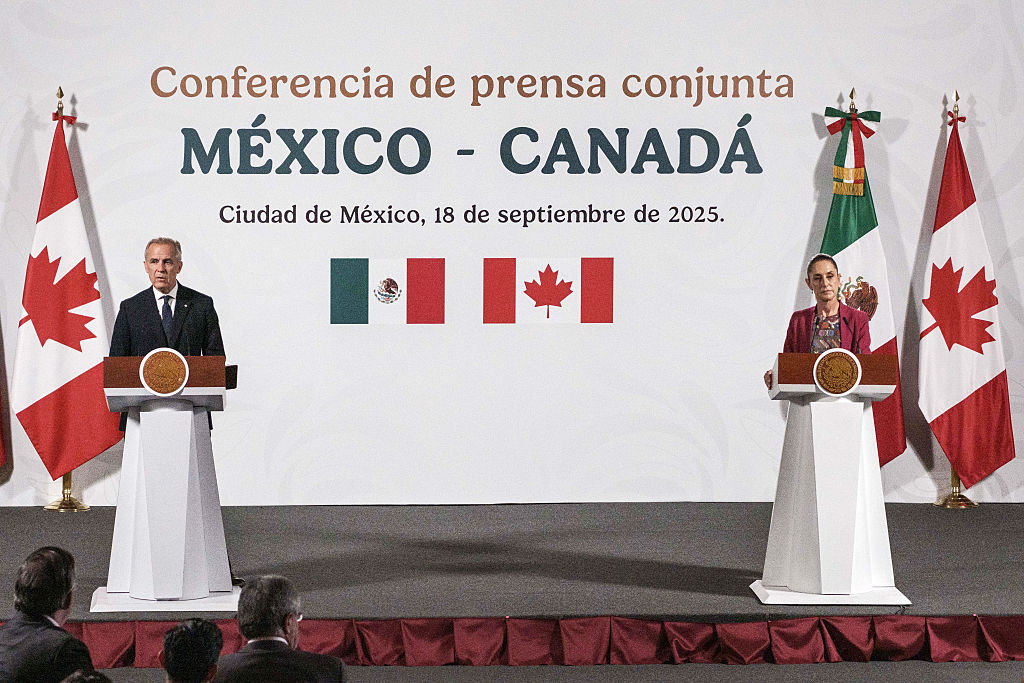Hope for Obama's "Summer of Jobs"
Hope for Obama's "Summer of Jobs"
"While Washington hesitates, U.S. businesses are losing their competitive edge in Latin America as Europe, Canada, and Asia sign free trade agreements with our neighbors," writes AS/COA President and CEO Susan Segal.
To make good on the Obama administration's pledge that this will be the "Summer of Jobs," the U.S. needs to step up and follow through on its stalled free trade agreements.
President Obama unveiled plans to double U.S. exports over the next five years when he announced his National Export Initiative earlier this month, promising to push pending free trade deals though Congress. With our unemployment reaching 9.5 percent, concrete steps need to be taken—and political muscle exerted—to ensure that the Colombia, Panama, and South Korea agreements win congressional approval.
While Washington hesitates, U.S. businesses are losing their competitive edge in Latin America as Europe, Canada, and Asia sign free trade agreements with our neighbors. The economic crisis presents the opportunity to increase exports, which in turn create and save jobs. Instead, free trade agreements have collected dust for fear that they stifle job growth while other countries take advantage of Latin America's explosive growth and demand for goods.
Since November 2006, the U.S.-Colombia Free Trade Agreement has languished on the desks of U.S. policymakers. Colombia's Congress approved it in 2007. What is taking us so long?
The agreement would open up markets in agriculture, building products, infrastructure and machinery, and textiles, just to name a few. Ohio, where the unemployment rate hovers around 10.5 percent, would benefit from the pact providing access to its agricultural sector. Illinois, with an unemployment rate of 10.4 percent, would see an increase in manufacturing jobs if Caterpillar (whose headquarters are in Peoria, IL) could export their construction supplies without paying the average 11 percent Colombian tariff on infrastructure and machinery products. Michigan, with an unemployment rate of 13.2 percent, would benefit from the elimination of the average 12.7 percent tariff on transportation equipment. This includes railway and tramway cars, which are in strong demand as Colombia expands its infrastructure development projects.
Colombia is not the only country eager to sign an FTA with us. Panama has been waiting for over three years for passage of its own pact. An FTA with Panama would create manufacturing jobs for Americans and expand trade in agriculture and textiles industries. As Panama signs agreements with Singapore, Taiwan, and Chile, the U.S. will lose its competitive edge there and elsewhere.
We've seen positive results for U.S. exporters when we sign trade agreements. The U.S.-Peru FTA was signed in 2006 and, that year, U.S. exports to Peru rose 88%. A large portion of those exports were manufactured goods produced in Texas and Florida. Other states that directly benefited from expanding exports to Peru include Louisiana, Illinois, California, Georgia, and Ohio. On top of that, the Commerce Department reported that 81 percent of the companies exporting goods to Peru were small and medium-sized enterprises with fewer than 500 employees. This is especially relevant as small businesses are the engine of job growth.
While I was in Panama in March and Colombia last month for the AS/COA Latin America Cities Conference series, the message was loud and clear: we are moving forward on trade deals with or without the U.S. As Latin America experiences some of the highest global growth rates, we simply cannot afford to miss these opportunities.
There are political implications with any trade agreement—there will always be another presidential or congressional race and election cycles are increasingly longer. But, frankly, the rest of the world does not operate on our election calendar and we are quickly losing market access to Canada, China and the European Union, not just in Latin America, but in Asia as well.
So I ask: why are labor groups, decision makers, and Congress stalling on trade agreements that would put Americans back to work, boost our exports, and increase our competitiveness in Latin America and Asia? It doesn't make sense, and I fear the U.S. will be left playing catch up.








